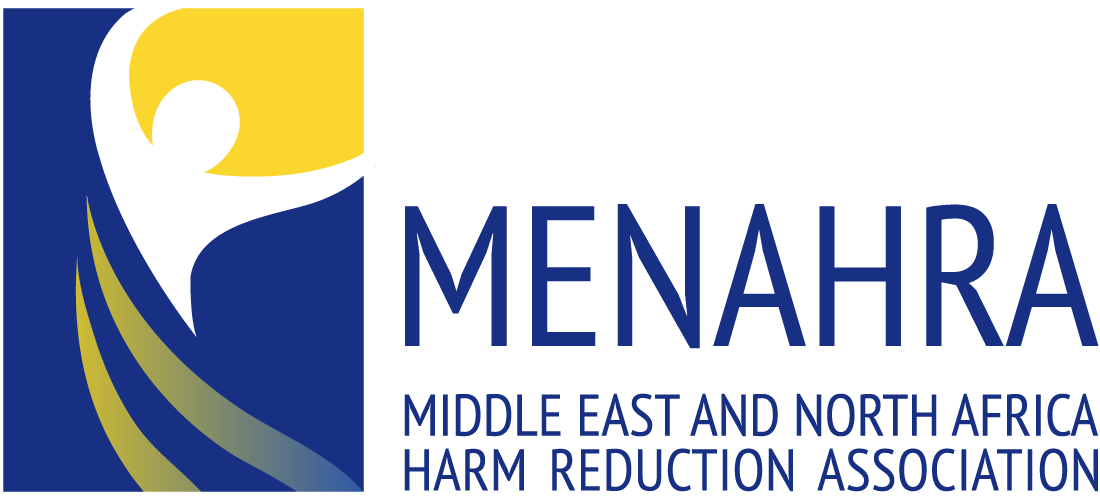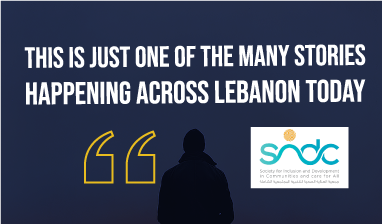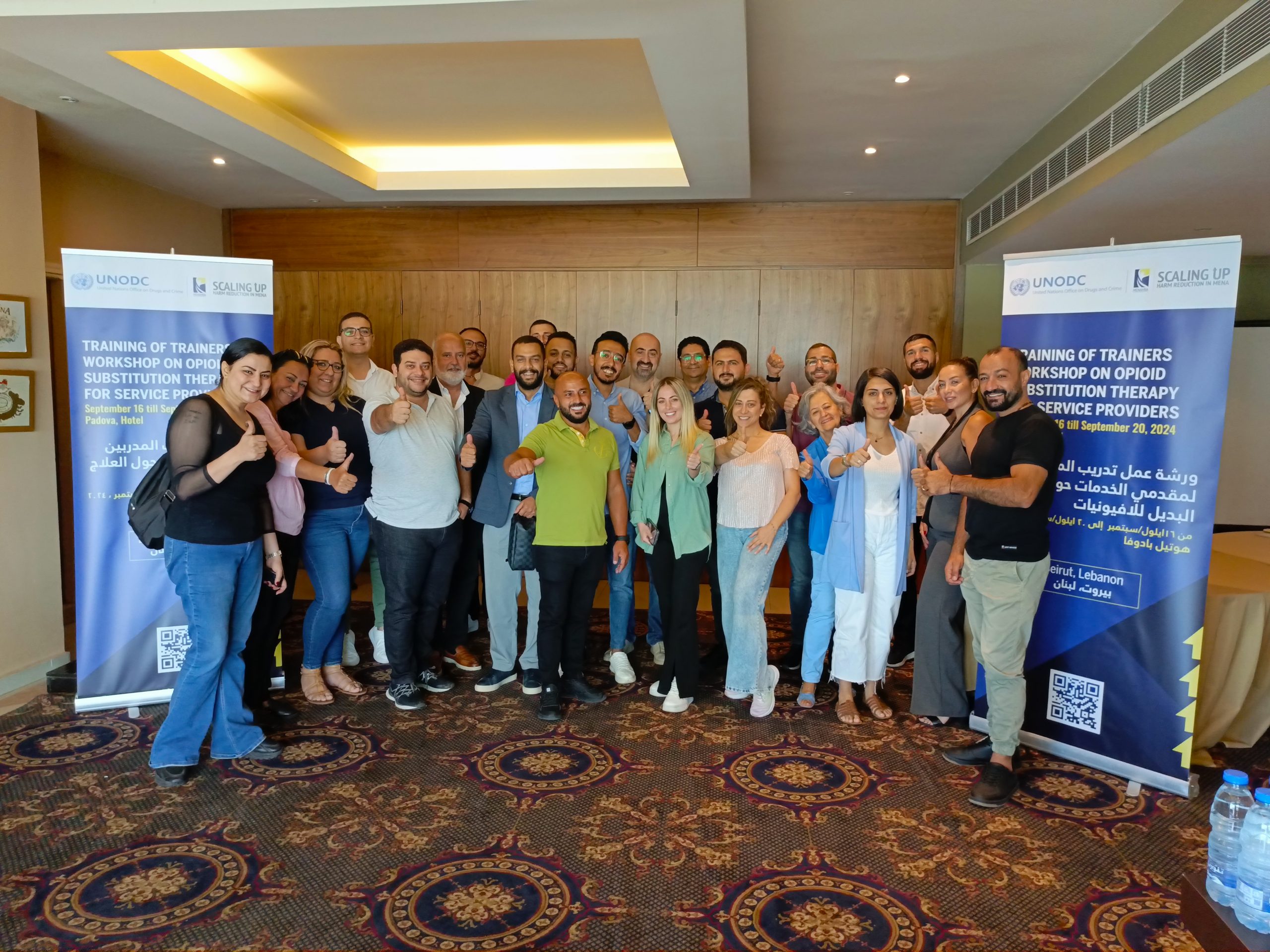Frontline AIDS organized a regional review and replanning (R&R) workshop in Amman, Jordan under the Nadoum regional grant. The objective of the workshop was to integrate learning, strategic partnerships across implementing partners within identified thematic areas, strategic communication, and strategic advocacy initiatives into the programme.
The Nadoum grant is an initiative that focuses on sustaining services for key populations in the MENA region.
The countries targeted by the grant include Egypt, Jordan, Lebanon, Morocco, and Tunisia. The grant’s objective is to reduce human rights-related barriers to HIV services, including testing, treatment, and care. It aims to promote social mobilization, build community linkages, and increase political engagement to strengthen national health strategies.
To achieve these objectives, the Nadoum grant has brought together partners from across the MENA region to discuss and plan interventions within three thematic areas. These interventions aimed at collectively integrating strategic collaboration, communication, and advocacy into the work plan. One of the key priorities of the Nadoum grant is to strengthen civil society so that it can promote the change they need, especially for key populations.
MENAHRA, the Middle East and North Africa Harm Reduction Association is one of the implementing partners under the Nadoum grant. As part of its role in the Nadoum grant, MENAHRA provides technical assistance and support to national implementing partners in the areas of harm reduction, advocacy, and communication.
The Nadoum grant is an important step towards improving the health and well-being of communities affected by HIV in the MENA region. It is crucial that initiatives like the Nadoum grant continue to receive support to ensure that key populations in the region have access to the HIV services they need.
The MENA region needs sustained services for key populations, and initiatives like the Nadoum grant can help bridge the gap in HIV-related interventions in the region.






